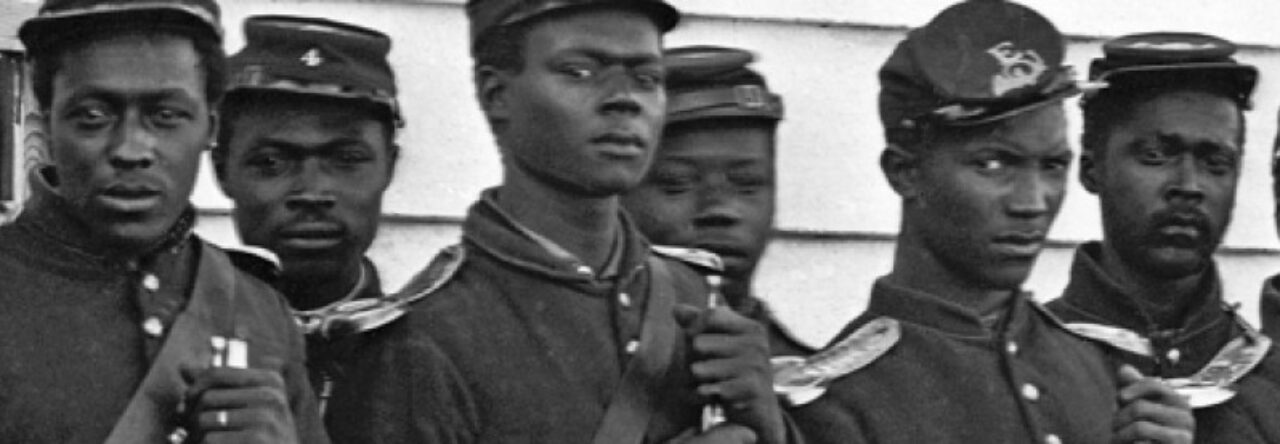
Strom Thurmond campaign poster (Smithsonian Institution)
The idea which I’ve been wrestling with today is state’s rights. Here’s how the state’s rights argument has played out for me in the past.
The statement goes something like this. The Civil War wasn’t about slavery. No right thinking person could then or can now defend the institution. It was a moral wrong in 1619 when Dutch traders bartered slaves for ship repairs. It was a moral wrong during our founding and the founders knew it. It was wrong in 1861.
But then the statement takes a left turn:
The war was really fought over the rights of the states. A states right to secede. A states right to manage its economy as it saw fit. The right to an ethos and lifestyle unique to its people and culture; the noble Lost Cause.
When my student’s raise state’s rights, I send them to see Mr. Alexander Stephens of Georgia. Stephens served in the House of Representatives with Mr. Lincoln. He became the Vice-President of the Confederacy when Georgia secedes and will deliver what has become known as the Cornerstone Speech, a portion of which is excerpted here:
“Our new government is founded upon exactly the opposite idea; its foundations are laid, its corner-stone rests upon the great truth, that the negro is not equal to the white man; that slavery—subordination to the superior race—is his natural and normal condition. This, our new government, is the first, in the history of the world, based upon this great physical, philosophical, and moral truth.”
Alexander Stephens, March 21, 1861
Stephen’s thesis is that the Confederacy’s Constitution is stronger than the Union’s because slavery is the manifestation of a ‘physical, philosophical and moral truth’ on which the federal document is silent.
It makes a pretty persuasive argument for the cause of the war: The second in command of the South says its about slavery. The challenge for me, is that today’s lecture muddies the water a bit.
The concept of states rights predates the Civil War, but I don’t know if I’ve ever really given it its due. In class, we breeze through the Virginia and Kentucky Resolutions and Calhoun taking up the Jefferson/Madison mantle. We look at Dred Scott as a case about slaves as citizens without looking at Chief Justice Taney’s argument about federal supremacy in this case and Abelman v. Booth.


The argument I’m wrestling with is this: if Wisconsin can cry states rights in 1859, why can’t South Carolina in 1860? Dr. Pinsker’s suggestion is that states rights is a mean’s to an end–the end being slavery. But I’m struggling with how cut and dry that feels.





